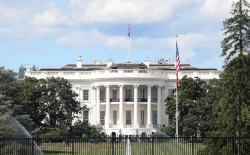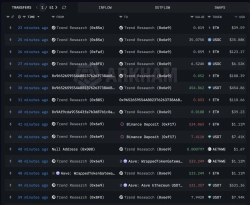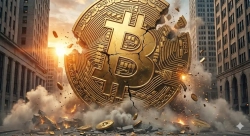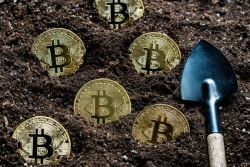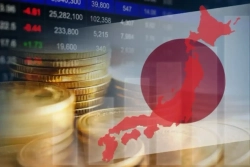450 Billion Dollars Withdrawn from Selective Investment Funds Amid ETF Boom
Summary
- It was reported that $450 billion has been withdrawn from active equity funds in the U.S. stock market, marking a record high.
- The funds have shifted to index-tracking investment products like ETFs, which are considered low-cost and relatively safe.
- Due to the high management fees and low returns of active funds, investors are switching to passive strategies that offer lower fees and relatively higher returns.
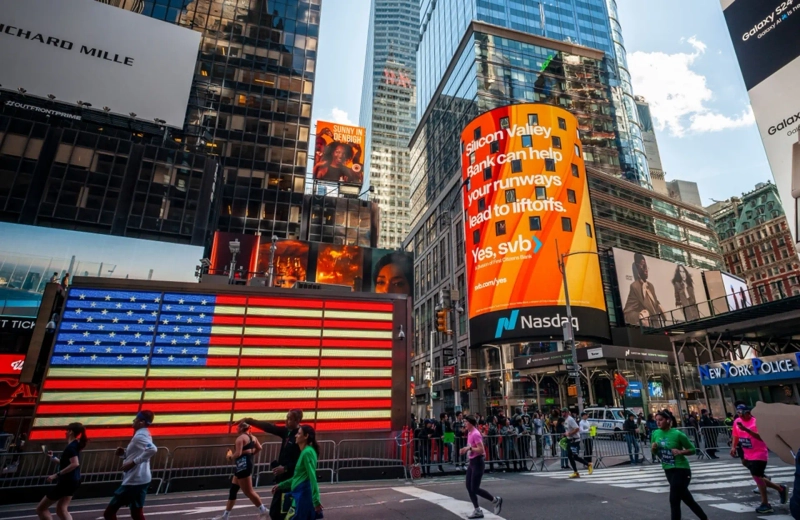
In the U.S. stock market, a record $450 billion has been withdrawn this year from so-called 'active equity funds,' where fund managers selectively invest in stocks. This shift to index-tracking investment products, such as ETFs, which are considered low-cost and relatively safe, is reshaping the asset management industry.
The Financial Times (FT) reported on the 30th (local time), citing data from U.S. fund information company EPFR, that the outflow of funds from 'stock-selective' investment products among equity funds reached $450 billion, surpassing last year's previous record of $413 billion. Most of the withdrawn funds are estimated to have moved to passive investment products like ETFs.
Investors are switching to passive investment products because, during the significant rise of Wall Street indices centered on tech stocks, active funds often underperformed the market returns. Active funds also have higher management fees. As a result, older investors are withdrawing funds, and younger people, who buy funds like savings, are opting for passive strategies with lower fees.
According to Morningstar data, the flagship strategy of active managers focusing on large U.S. stocks had a 1-year return of 20% and a 5-year average annual return of 13% (after fees). In the same period, similar passive funds recorded returns of 23% and 14%, respectively. The annual fee rate of such active funds is 0.45% on average, nine times higher than funds that simply track benchmarks (0.05%).
Adam Sabban, a senior research analyst at Morningstar, said, "People need to invest for retirement and eventually withdraw those funds," adding, "The investor base of active equity funds is skewed towards the elderly, while new investment funds are much more likely to flow into index ETFs than active funds."
The ETF boom is also polarizing the performance of asset management companies. While large U.S. stock-selective managers like Franklin Templeton and T Rowe Price, and active managers like the UK's Schroders and Abrdn are struggling, 'index fund department store' BlackRock has seen an increase in assets under management and good performance.
Active fund managers also have a significant performance gap with alternative investment private equity managers like Blackstone, KKR, and Apollo, which invest in non-public assets such as private equity, private credit, and real estate.
According to Morningstar Direct, T Rowe Price, Franklin Templeton, Schroders, and Capital Group, a $2.7 trillion manager with a large mutual fund business operating in a private form, have experienced significant fund outflows this year. As large U.S. tech stocks lead the market, the situation has become more challenging for active managers who tend to underweight these stocks compared to benchmarks. The 'Magnificent Seven,' which includes Nvidia, Apple, Microsoft, Alphabet (Google's parent company), Amazon, Meta (Facebook's parent company), and Tesla, have driven the rise in the U.S. stock market this year.
Stan Miranda, founder of Partners Capital, said, "From an institutional investor's perspective, when you hire a team composed of highly valued talent, it becomes difficult to include stocks like MS or Apple, which everyone has already researched and holds, and where it's hard to find special insights," adding, "Ultimately, they end up investing in smaller, less-known companies, which often become undervalued compared to the 'Magnificent Seven.'"
Hyunil Lee, Reporter hiuneal@hankyung.com

Korea Economic Daily
hankyung@bloomingbit.ioThe Korea Economic Daily Global is a digital media where latest news on Korean companies, industries, and financial markets.